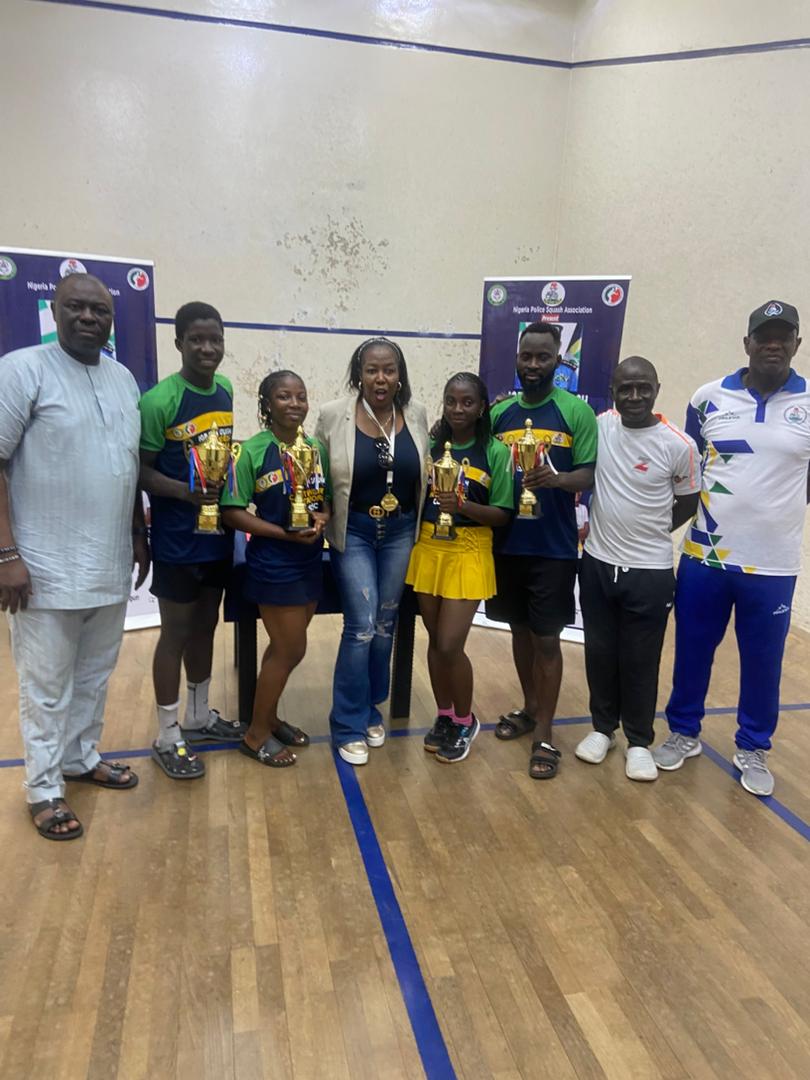Out-of-school syndrome worries NGO, Lagos community leaders
By Oluwatope Lawanson
An non-governmental organisation, Women Liberation and Transformation Group (W-LIT), has called on Lagos State Government to address out-of-school syndrome in Orisunbare community and environs in Alimosho Local Government Area.
The Executive Director of the organisation, Mrs Olanike MicTaiwo, made the call at an event tagged “Stakeholders Engagement in Promoting Access to Basic Education in Orisunbare Community”.
The event held on Thursday.
The News Agency of Nigeria (NAN) reports that W-LIT is focused on community development.
It is committed to ensuring that people living in rural communities, especially women and girls, enjoy a life of dignity and are free from limitations while being empowered to reach their full potential.
According to MicTaiwo, the stakeholders engagement is imperative to address the negative impact of lack of access to basic education in Orisunbare.
She said that the aim of the event was also to promote collaboration between community leaders, traditional leaders and governments on increasing access to basic education in rural communities.
“This is an advocacy programme to enlighten community leaders on their roles in achieving the Sustainable Development Goal (SDG) on inclusive education,” she said.
According to the executive director, 2030 – the target year for achievement of SDGs – is approaching; therefore, Nigeria should do more to tackle out-of-school syndrome.
MicTaiwo said: “As an effective driver of change committed to civic engagement, we have been engaging community development leaders on access to basic education and how we can reduce the number of out-of-school children in communities.
“This is a stakeholders dialogue and engagement for promoting access to basic education.”
She said that Orisunbare and some communities around it had no public primary school.
“Children have to travel long distances to access public primary school.
“There was a time when a girl we enrolled was knocked down by a vehicle.
“This could have been avoided if we had a government primary school situated within a trekking distance in the community; hence, the need to tell community leaders their roles in achieving Sustainable Development Goal 4 which is inclusive education,” she said.
MicTaiwo said that the organisation would want traditional leaders in the community to provide a land where a public primary school could be sited.
“We have been speaking with the king to see how, by September, children will be able to start in a government-owned school in the community,” she said.
Mrs Olakitan Wellington, the Chairperson of the W-LIT Board, said that it was important to have a public primary school in Orisunbare to encourage basic education.
According to her, statistics shows that many children are out of school in Lagos State.
“We discovered that a high percentage of them are in this community because the closest primary school is very far from here.
“We have an incident of children getting knocked down by cars just because they had to travel long distances and cross expressways to get to school.
“Even those, who do no get knocked down by cars, get to school late because of the distance, and it affects their overall performances in school,” she said.
Mrs Stella Olubunmi-Francis, Lagos State Coordinator of Civil Society Action Coalition for Education for All, said that the organisation targeted reduction in the number of out-of-school children in communities.
Olubunmi-Francis said that every Nigerian child should have access to education.
She said: “We learnt that Orisunbare and communities surrounding it do not have a public primary school.
“We felt the need to advocate for government intervention and for the community itself to be engaged and ensure that public primary school is brought to this environment.
“At the moment, the nearest school is at Ayobo which is quite a distance, and these children cannot trek much.
“Bearing in mind that most of them are from poor background, it is impossible for them to go to school with public transport everyday.
“This leads to absentism and dropping out. Our concern is to reduce the number of out-of-school through provision of community primary school,” she said.
Alhaji Lukman Nosiru, Special Adviser to the traditional ruler of Ejigboland, said that the essence of the meeting was to secure land for a public primary school in the community.
Nosiru said that the community chiefs had collectively resolved to get a land and ensure removal of barriers to building a community public primary school in the area.
He urged Lagos State Government to construct the school so that children in the community could have easy access to basic education. NAN



Comments
Post a Comment